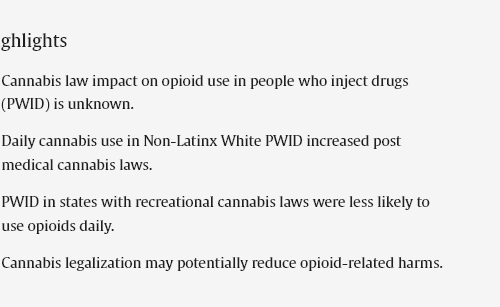The crime rate is down but police forces are growing. We’re poorer as a result, but not necessarily any safer.
by Ken MacQueen, and Patricia Treble
This spring, Tamara Cartwright dropped off an envelope at her local post office outside Lethbridge, Alta. A friend had sent her a jar of hemp-based ointment, so she replied with a thank you card, wrote her name and return address on the envelope and, in a decision certain to haunt her for years to come, enclosed four grams of her homegrown marijuana, enough for perhaps four cigarettes. On an April morning some days later she returned to the post office to pick up another package. Moments later, police pulled her over, handcuffed her, put her in a cruiser and hauled her off to the police station.
It made quite a spectacle, says the 41-year-old mother of four, who suffers from colitis and is one of more than 10,000 medical marijuana patients registered with Health Canada. “It was embarrassing,” she says. “I was still in my pyjamas.” She emerged four hours later with a trafficking charge for giving away those four grams.
Her charge is part of a recent marked increase in arrests for cannabis offences. Cannabis arrests jumped 13 per cent in 2010 to 75,126. Of those, almost 57,000 were for simple possession, a 14 per cent jump from the year before. (The statistics reflect cases where the arrest was the most serious charge a person faced, not the thousands more where a pot charge was tacked onto a string of more serious crimes.) The cannabis arrest rate is an anomaly at a time when the overall crime rate in 2010 fell to its lowest level since the mid-1970s.
Ironically, Cartwright’s legal predicament may be linked to that falling crime rate, which comes at a time when policing costs are climbing relentlessly and the number of sworn officers in Canada is at its highest level in almost 30 years. It may simply be that with less overall crime, police have the time, staffing and inclination to focus on minor drug arrests. The vast majority of those arrested are younger than 24, and mostly male, if past findings hold true. And the majority of those arrests are for pot possession, “the low-lying fruit,” as Dalhousie University criminologist Christopher Murphy puts it.


